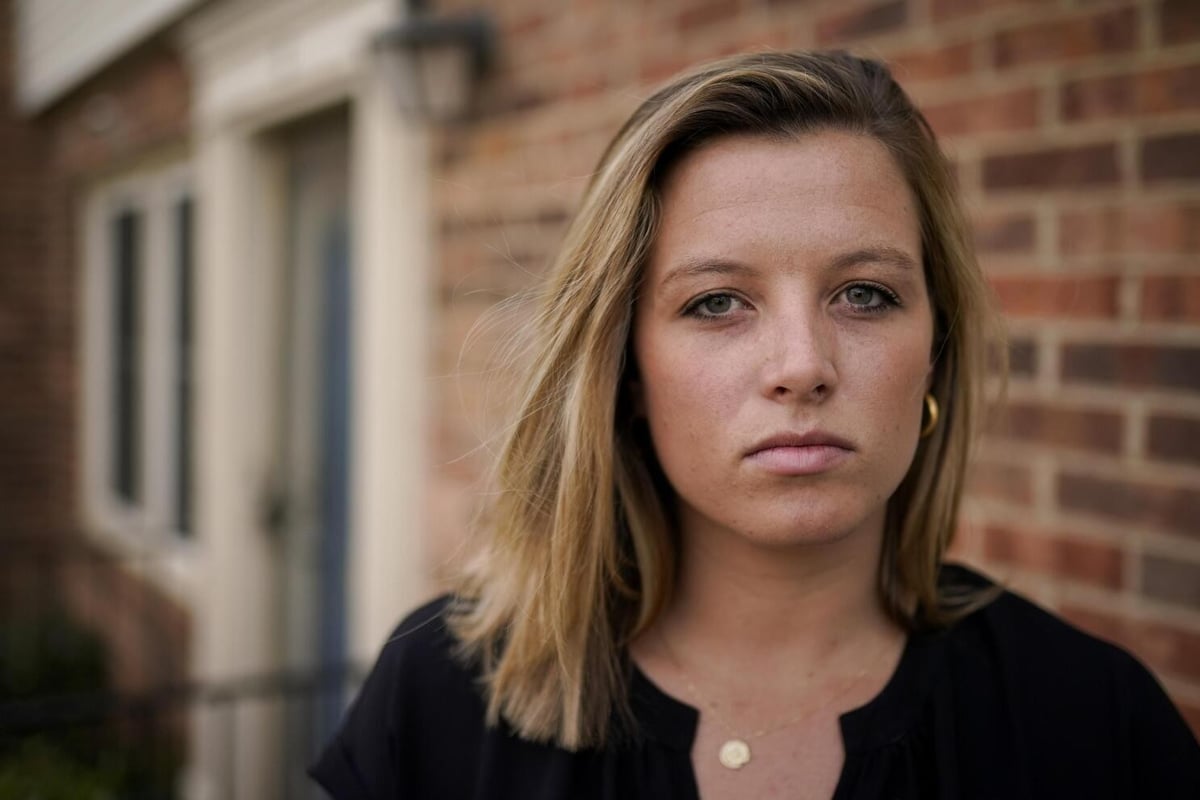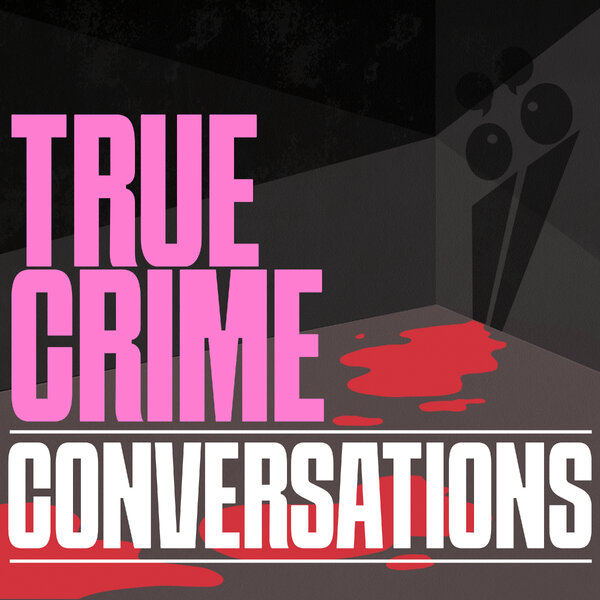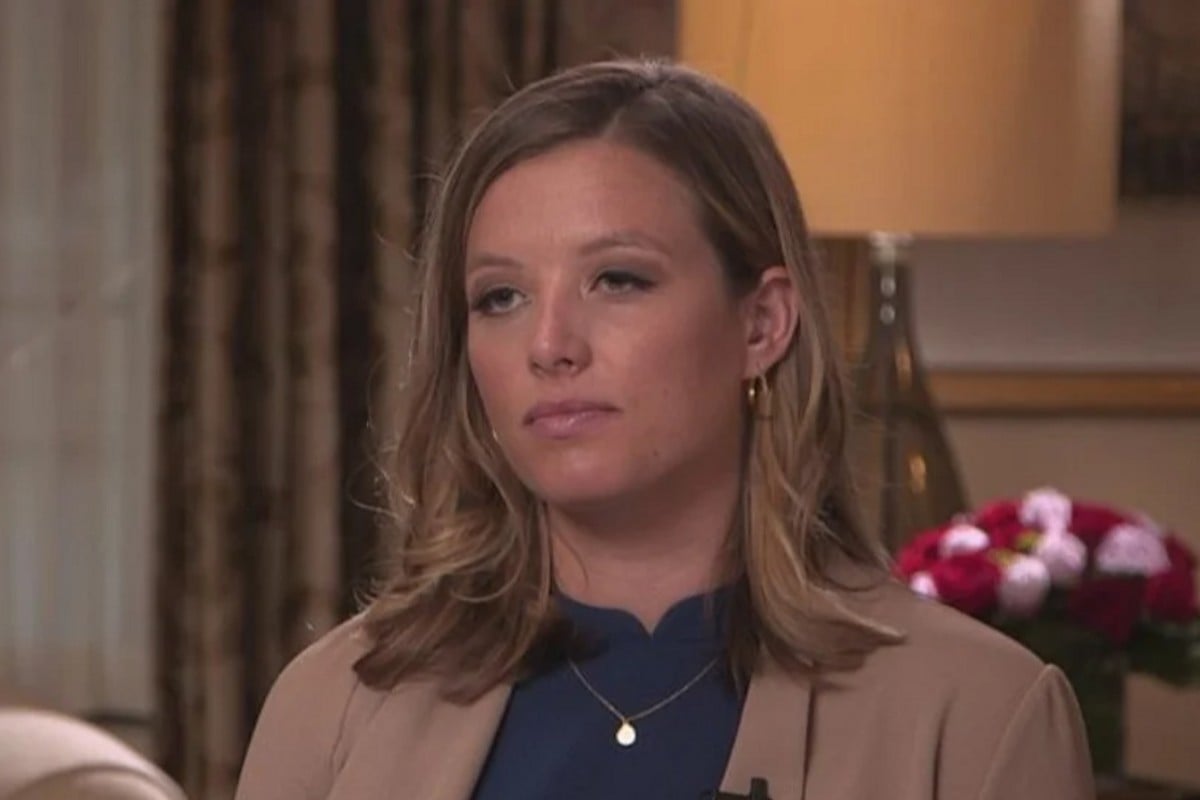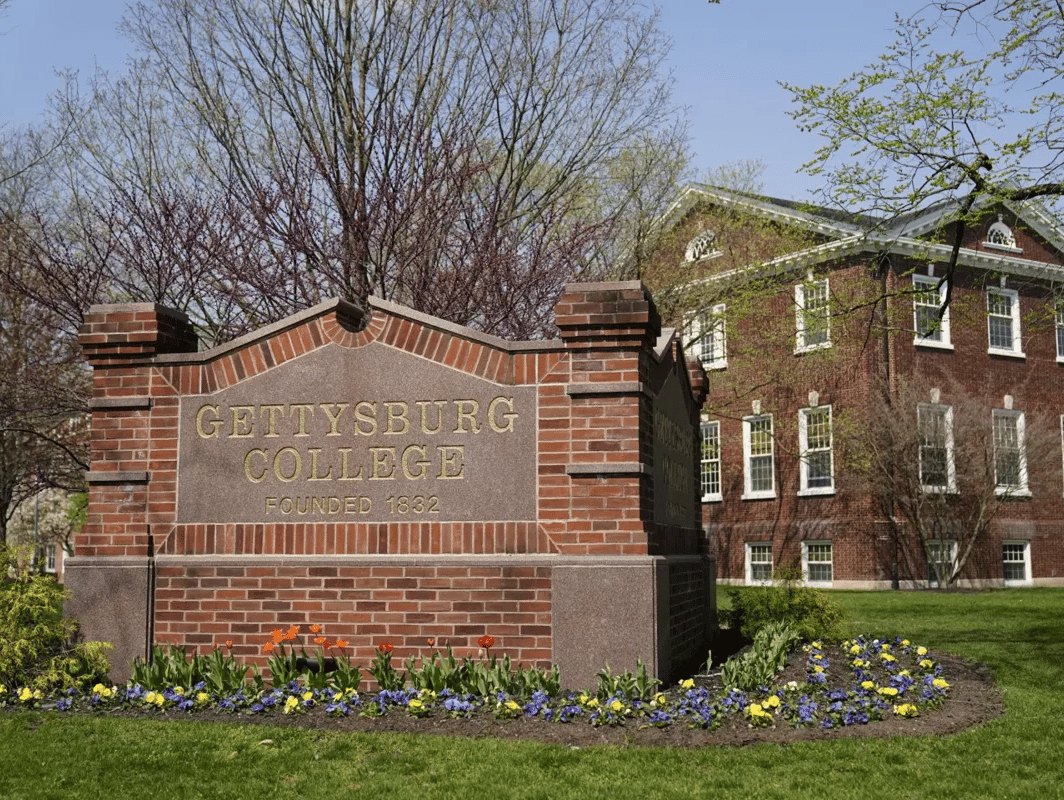
December 15, 2013. Shannon Keeler was celebrating the end of finals at Gettysburg College when her night took a terrifying turn.
At the party, a "kid" had been "creeping her out," according to court documents. Feeling uncomfortable, she asked a friend to walk her back to her dorm.
But the young man, later identified as 20-year-old Ian Cleary, wasn't deterred. He followed Shannon and her friend back to the dormitory, even offering the friend $20 to leave him alone with Shannon, the affidavit read.
Shannon's friend told Cleary to go away. Ten minutes later, there was a knock on Shannon's door. Thinking it was another friend, she opened it. It was Cleary.
What happened next would change Shannon's life forever. Cleary walked into her room, began kissing her, and then sexually assaulted her. In the moments before the attack, Shannon had desperately texted friends: "Help please" and "OMG please Help me," according to court documents.
Watch a segment from Associated Press on Shannon's case. Article continues after video.
Shannon did everything she was supposed to do. She reported the attack to police. She underwent a rape kit examination. She found witnesses who had seen Cleary that night. The evidence seemed clear-cut.































































































